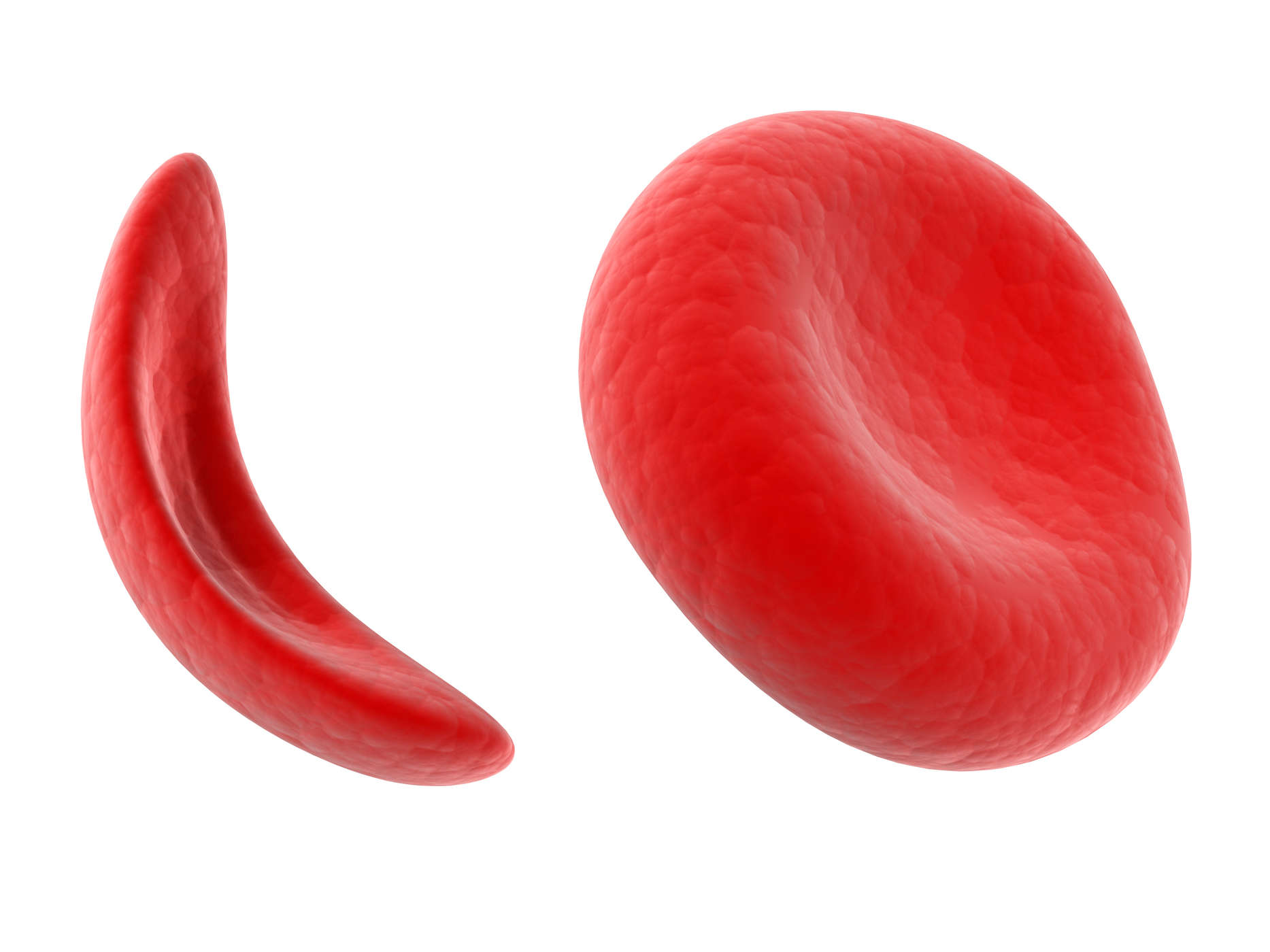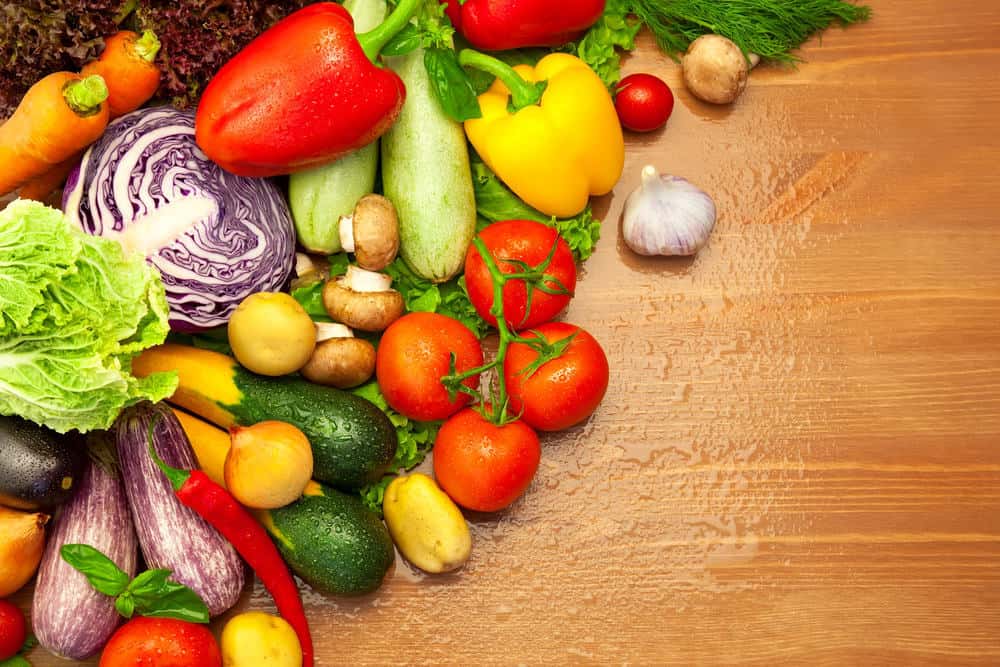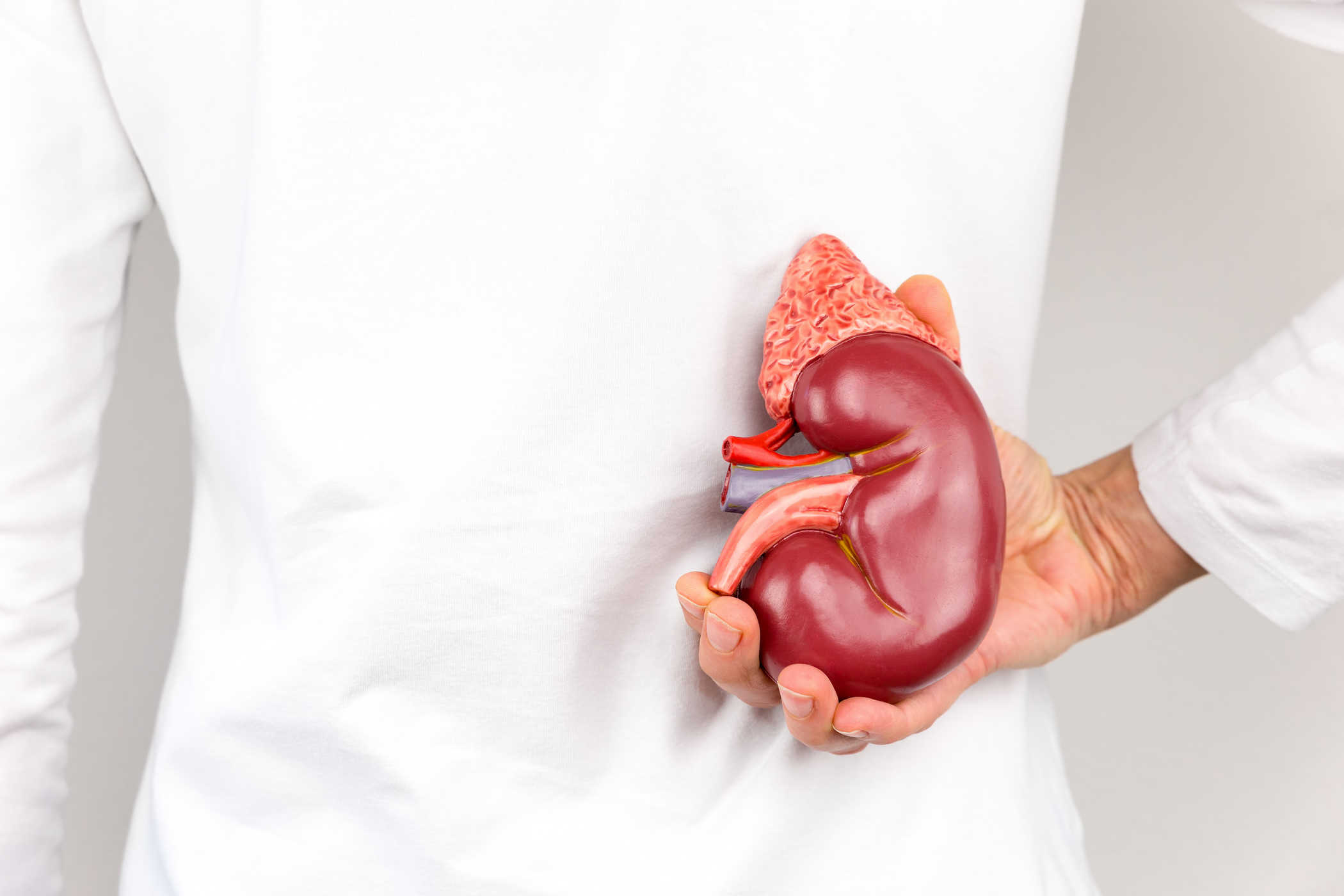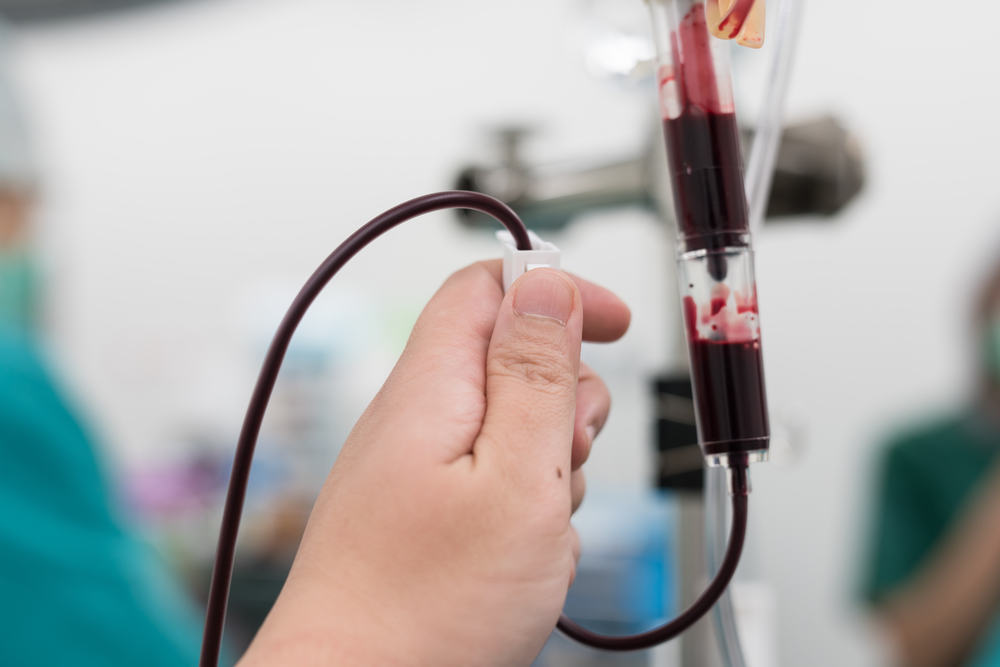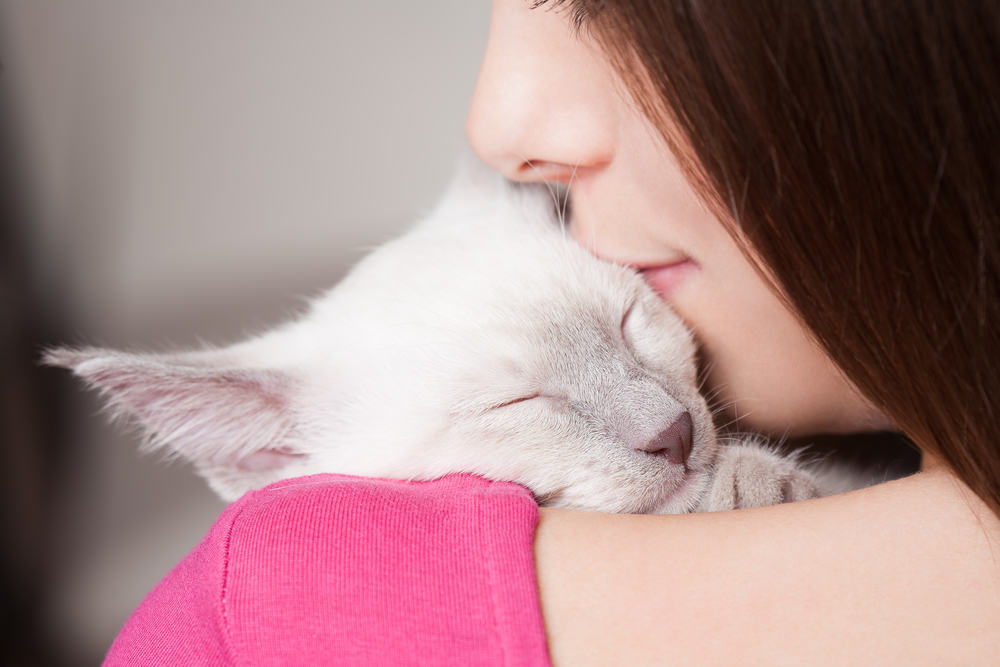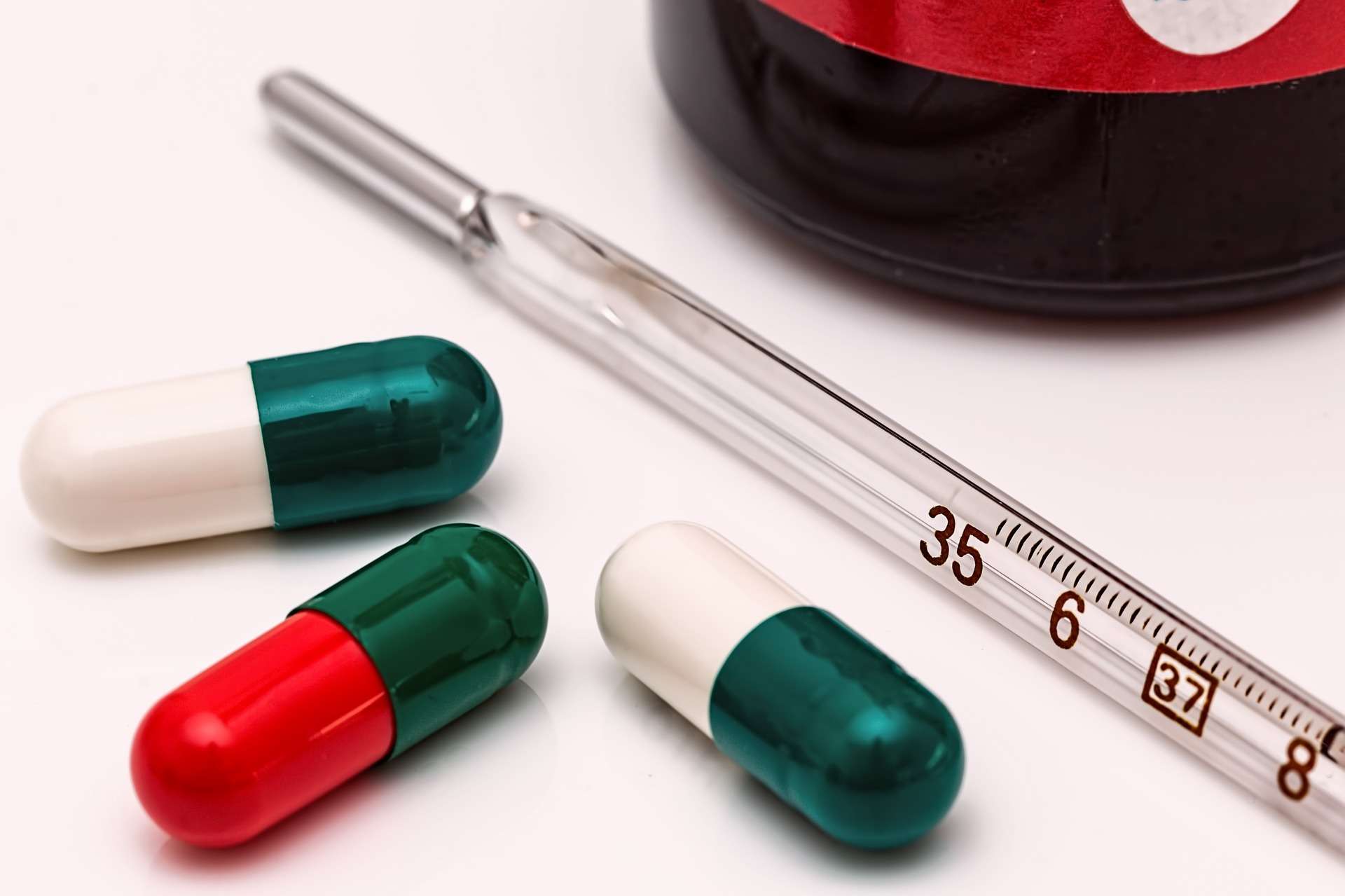Contents:
Medical Video: How Grapefruit Can Kill You
There are some drinks or foods that should not be consumed together with the medicine. This is because the chemical interactions between the drug and food can make the medicine no longer effective, or even trigger dangerous side effects which instead turn into the host's weapon for your health. Grapefruit is one of the foods that you should avoid if you are taking drugs.
What is grapefruit?
Literally, grapefruit means grapes. But grapefruit is not wine. Even the appearance is much different from the purple sweet fruit. Grapefruit is a large orange-skinned orange fruit with purplish red flesh, which has a slightly sweet but sour-sour taste but is also somewhat bitter. This fruit from Barbados is the result of accidental cross-breeding of species of sweet oranges and grapefruit.
Grapefruit is a good source of vitamin C, and contains enough levels of potassium that the body needs to work properly. But why not consume grapefruit together with medicine?
The content of furanocoumarin in grapefruit is an active active substance
In order for the drug to work effectively, the substance must be able to circulate smoothly in the bloodstream. This is aided by the presence of proteins in the body that break down and transport drugs to facilitate absorption of the drug.
Well, grapefruit contains furanocoumarin, which blocks this enzyme. As a result, drug substances may be absorbed too much or even very little into your bloodstream. Medication may settle on your body too fast or too long. Drugs that are broken down too fast won't work. On the other hand, drugs that stay too long in the body can turn into poisons that cause dangerous complications.
In addition, furanocoumarin also causes blood levels to rise faster and higher than normal, and in some cases, abnormal high blood pressure can be dangerous. And it should be noted that furanocoumarin found in grapefruit juice is a natural chemical. Thus, this substance will always be present in all versions of fruit dishes, including fresh juices, frozen concentrates, and whole fruit. All forms of grapefruit juice have the potential to cause interactions if taken together with certain drugs.
"Taking 1 tablet of medicine and adding a glass of grapefruit juice is the same as drinking 20 tablets of medicine with a glass of water. This is an unintentional overdose. So it's not surprising why this can be toxic to your body, "said David Bailey, a clinical pharmacologist at the Lawson Health Research Institute in London. Seconds Health. High concentrations of drugs in the blood can cause kidney damage, gastrointestinal bleeding, respiratory failure, bone marrow suppression, and death.
Harmful interactions can also occur if you consume grapefruit juice or other forms several hours before and after taking medication. Take the example of simvastatin. If taken together with a glass of grapefruit juice once a day for three days can double the concentration of the drug by up to 330% more than drinking it with water. This can cause life-threatening muscle damage, called rhabdomyolysis.
The risk of interaction can even occur up to 3 days after eating or drinking grapefruit juice. So you should avoid or limit the consumption of grapefruit in any form when taking certain drugs.
List of dangerous drugs if taken together with grapefruit
Drug and food interactions can occur both with prescription and free oral medications, including antacids, vitamins, and iron supplements. In total there are more than 85 drugs that can trigger dangerous reactions when taken together with grapefruit.
Examples of several types of drugs that can interact with grapefruit are:
- Some statin drugs to lower cholesterol, such as Zocor (simvastatin), Lipitor (atorvastatin), lovastatin, and Pravachol (pravastatin)
- Some blood pressure-lowering drugs, such as Nifediac and Afeditab (both including the nifedipine class); felodipine, nimodipine, and nisoldipine
- Some organ transplant rejection drugs, such as Sandimmune and Neoral (both include the cyclosporine class)
- Some anti-anxiety and anti-depressants, such as BuSpar (buspirone) or benzodiazepine, diazepam (Valium), alprazolam (Xanax)
- Some anti-arrhythmia drugs, such as Cordarone and Nexterone (both including the amiodarone class)
- Some amphetamines, such as dextroamphetamine and levoamphetamine (Dexedrine, Adderall)
- Some antihistamines, such as fexofenadine
- Medications for erectile dysfunction, such as Viagra (sildenafil)
- Painkillers, such as oxycodone and acetaminophen (paracetamol)
- Other drugs are anti-infective drugs, anti-cancer drugs, heart drugs and drugs for urinary tract infections
What about other types of oranges? Is it safe?
Grapefruit is widely bred in the United States and may not be quite commonly found in Indonesia. However, some other citrus families can produce similar effects, such as Pomelo (pomelo), lime, and sweet orange (seville); Although these fruits have not been studied in detail, guidelines for grapefruit must also be applied to them. One medical review advises patients to avoid all oranges. Another potential problem is that some food / beverage products contain grapefruit extract but do not profite it in the ingredient list.
Therefore, you should always play safe when taking drugs. If you do not know whether the drug you are using interacts with grapefruit, ask your doctor or pharmacist. Doctors will usually prescribe other drugs that do not interact with this fruit.


